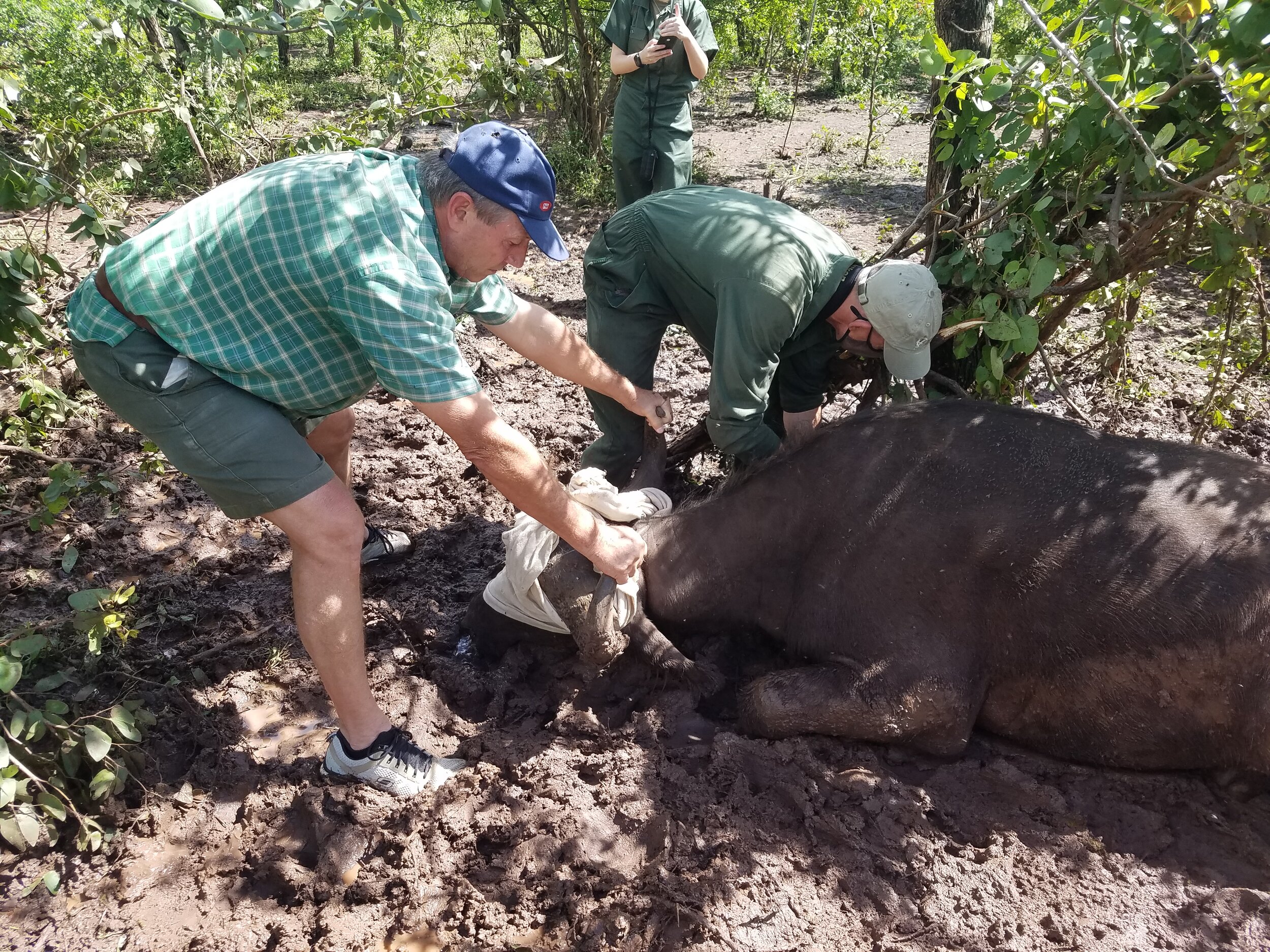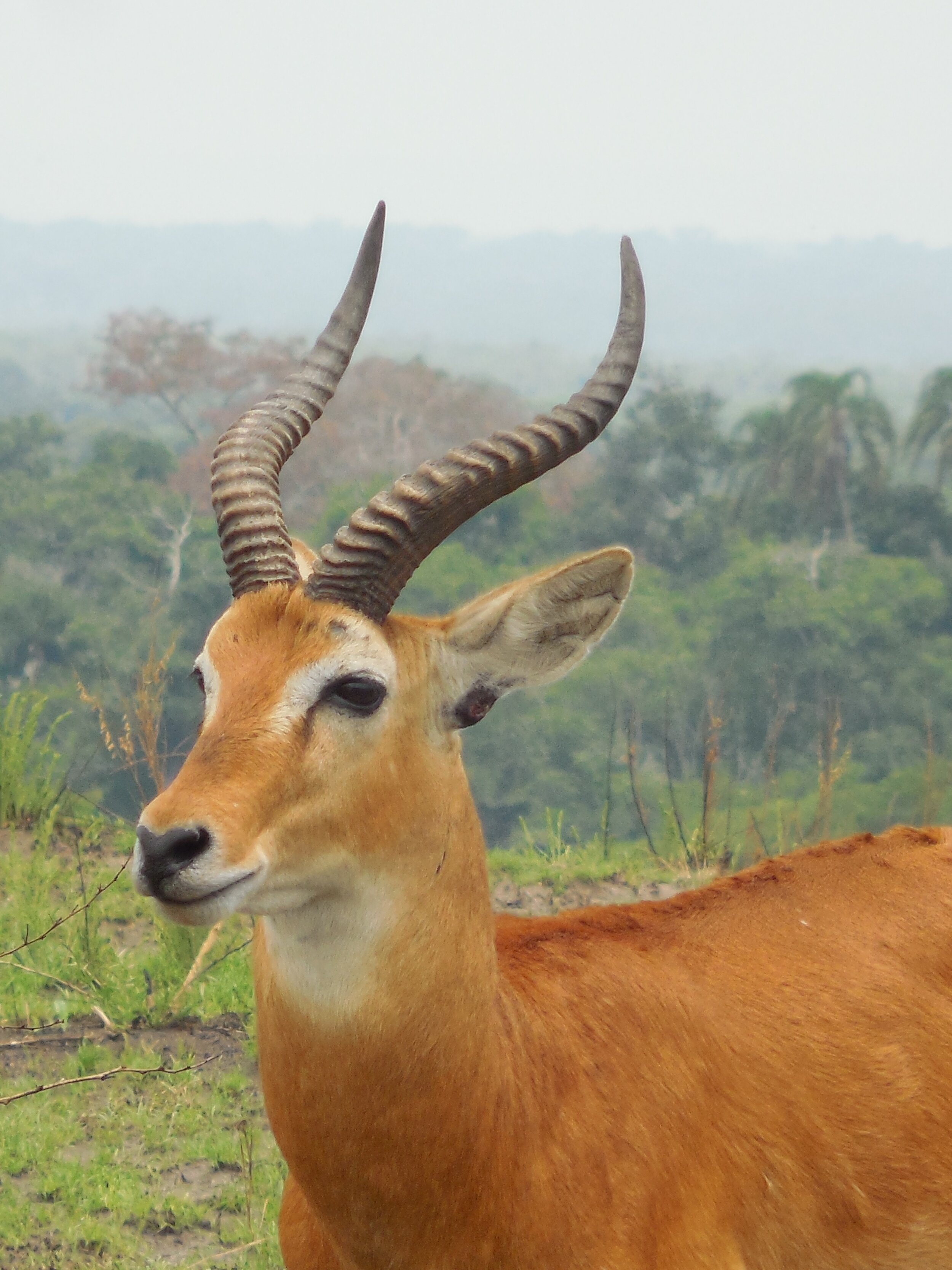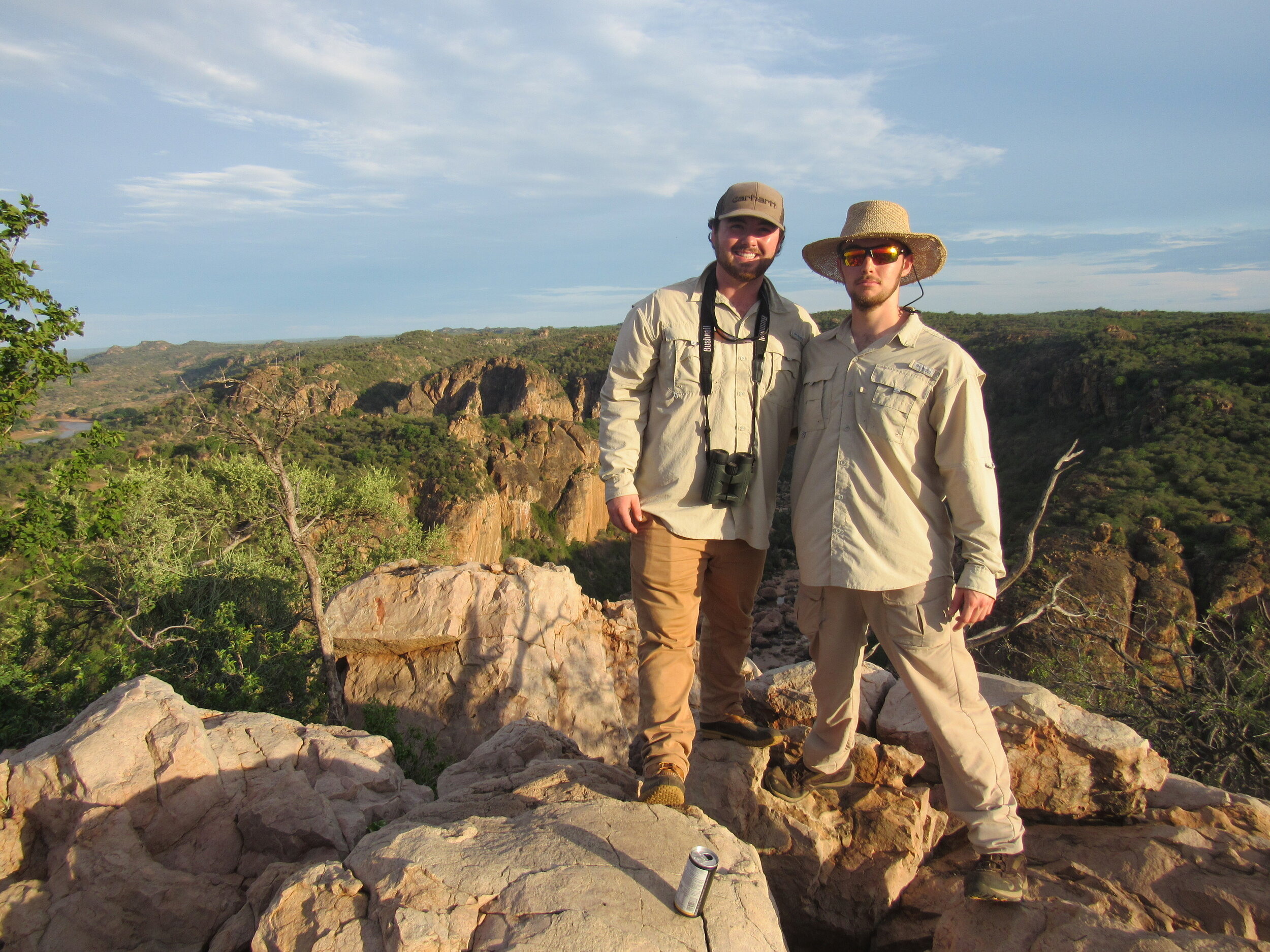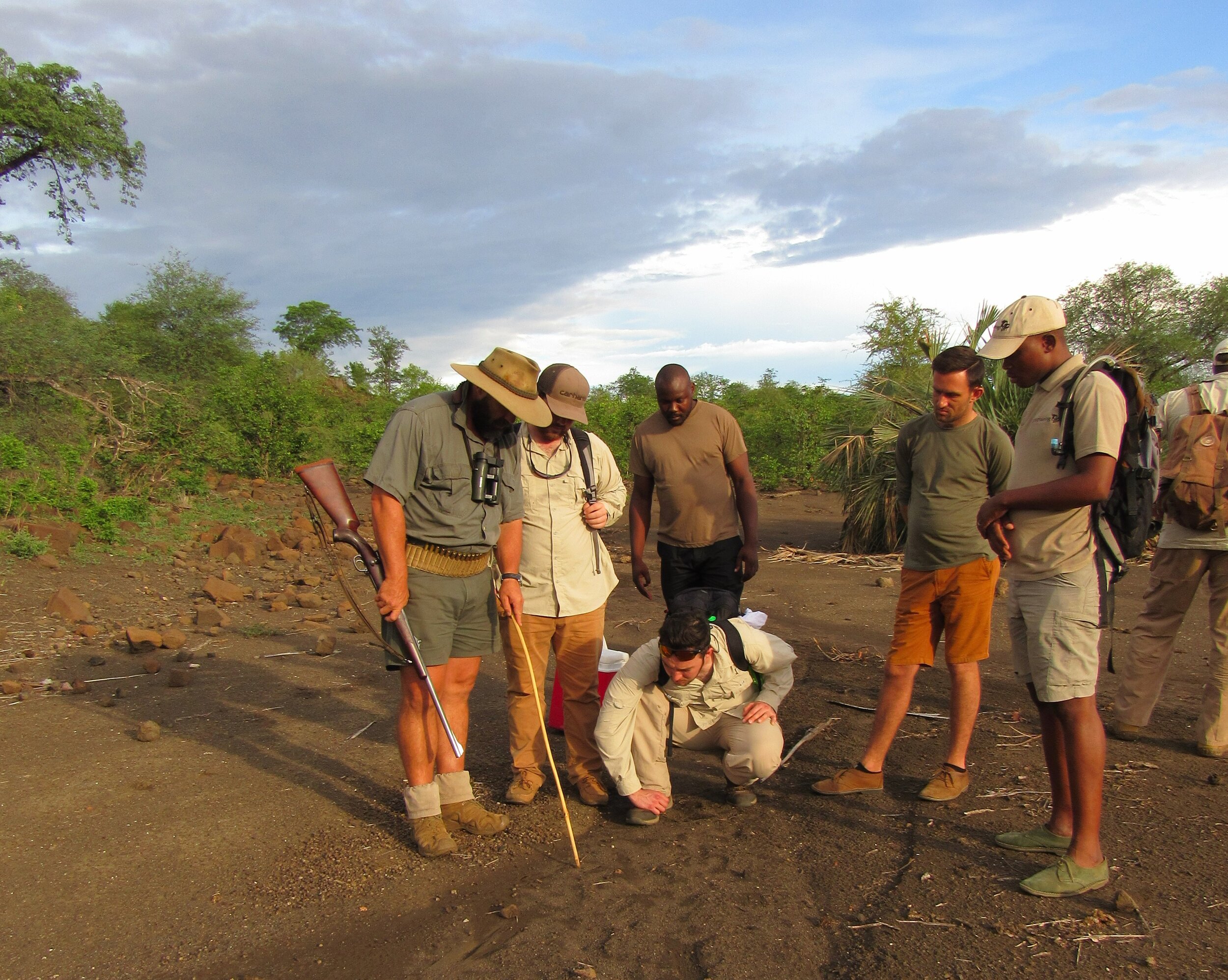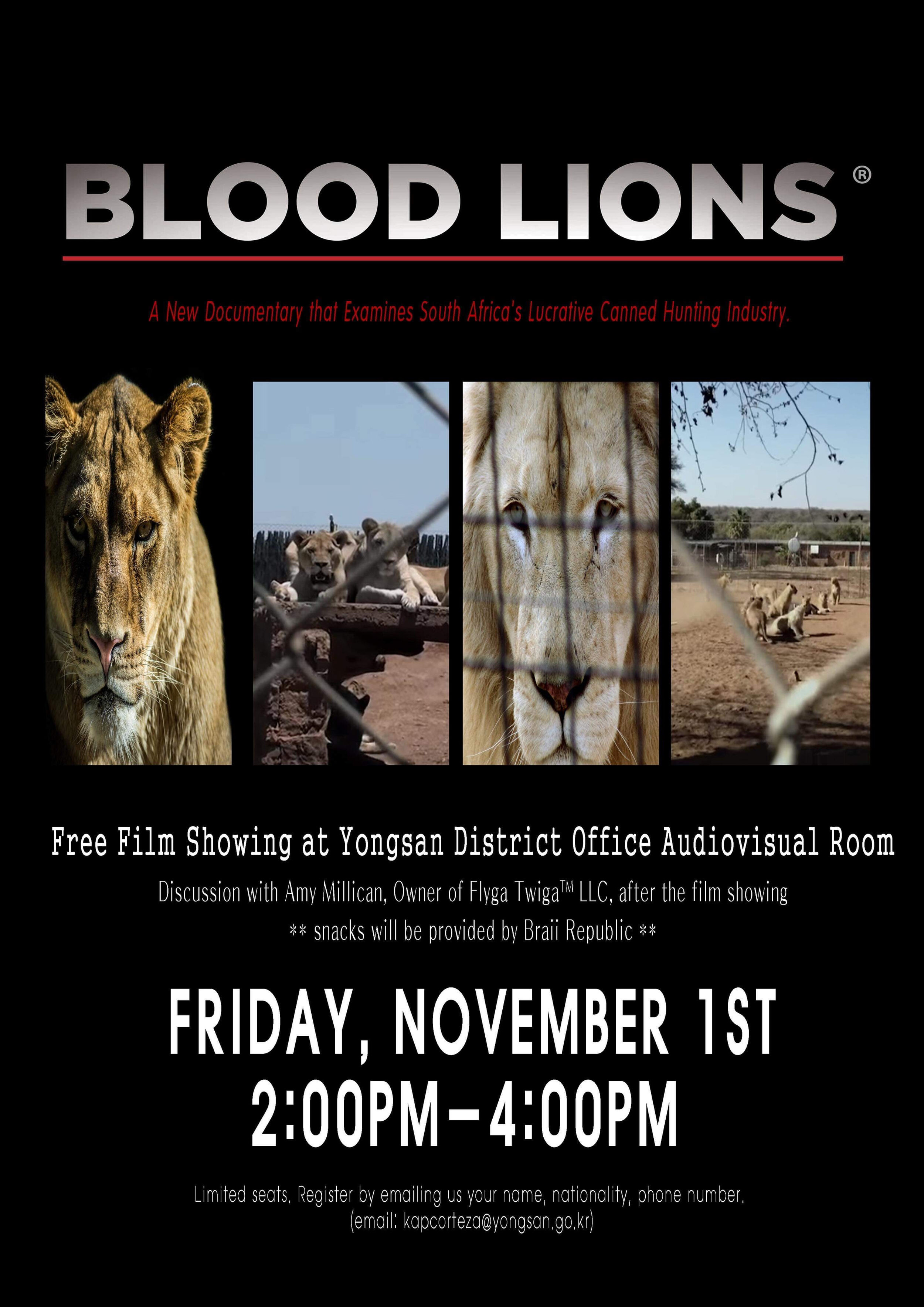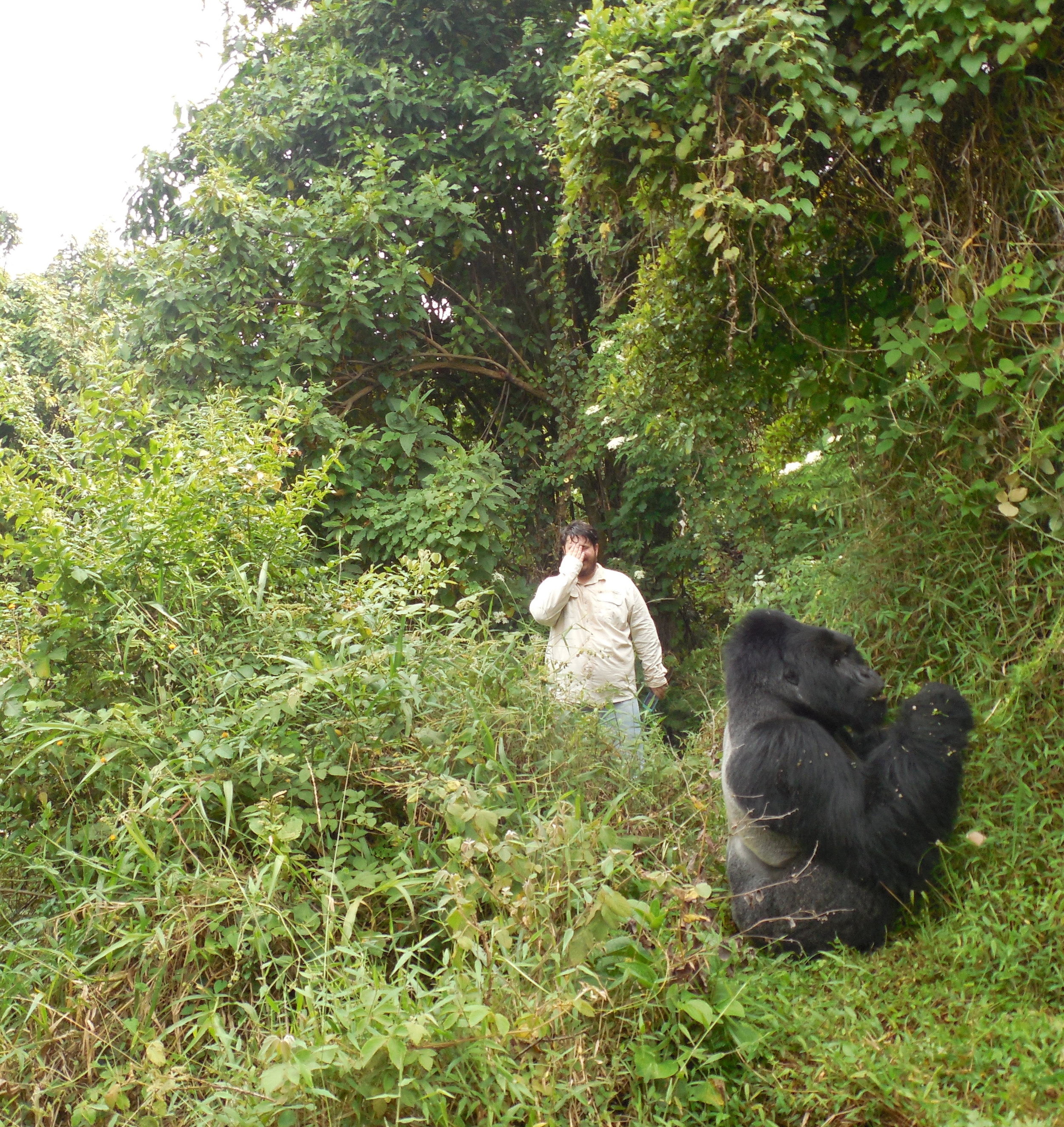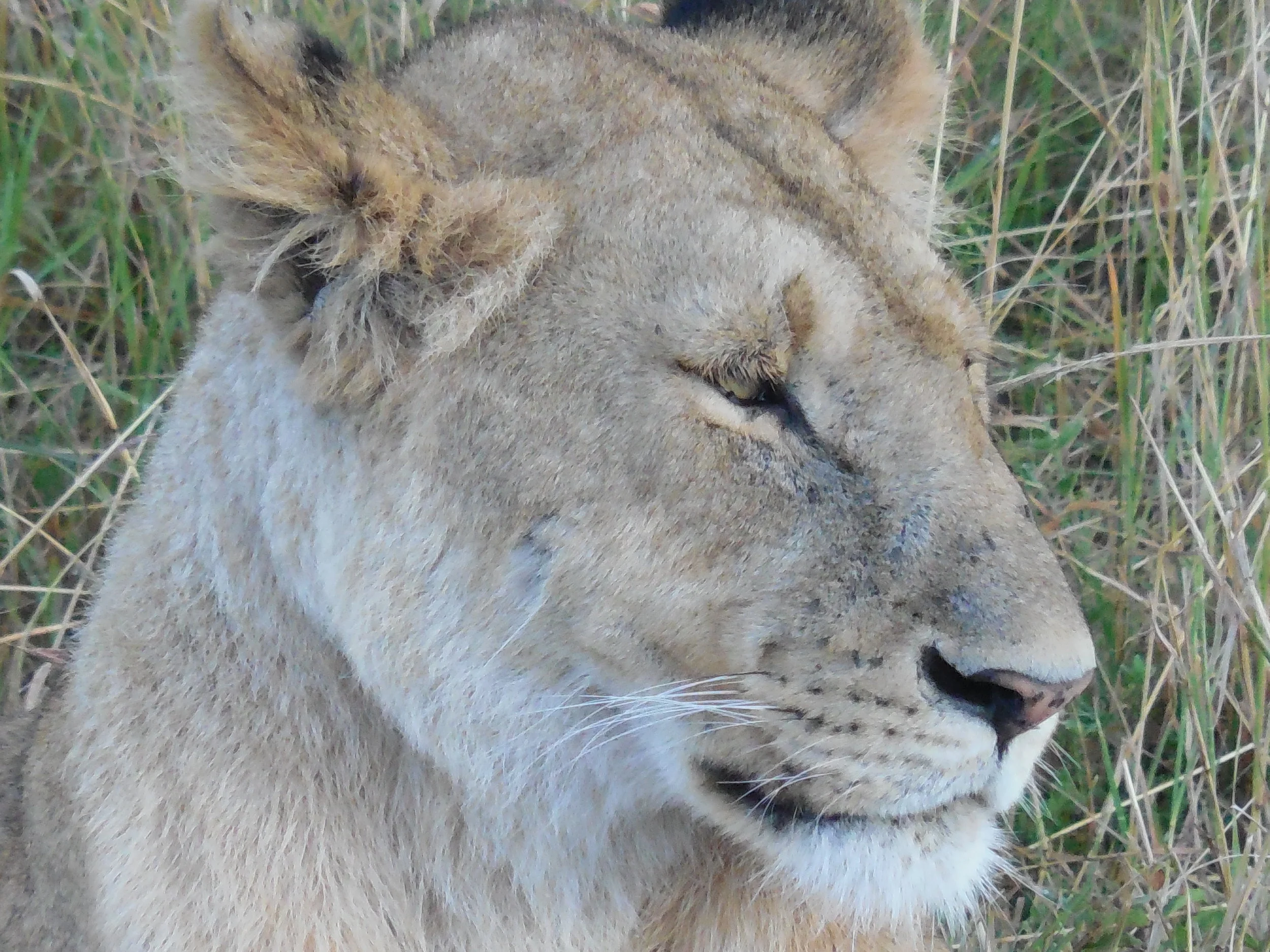Types of bush walks
The guides pace the excursion according to the ability within the group. You may feel nervous about heading into the Bush. But, these walks are always done by experienced professionals who know the Safety Protocols. Listening to your Guides and Trackers talk about how you could survive out in the Bush, or telling tales of Animal Encounters, is always a rewarding experience.
Different Reserves and Camps will conduct walks in different ways according to the local regulations. You may head out first thing in the morning, or later in the Evening for a “Sundowner in the Bush”, but generally, they will take place in the cooler part of the day.
1) Kids Bush Walks
At many lodges there are “Mini Ranger Programs”. Here children are taken out on walks in areas where there is no dangerous Big Game Wildlife. The children can discover the secrets of the Bush. This experience often kindles their curiosity through making plaster of Paris moulds of animal tracks or looking at skulls of animals.
One such experience is the Tswalu Junior Ranger Programme. Located in the Kaluhari, “every child is welcomed with a backpack full of guides and tools.”
Children learn how much alike Animal Parents are to their own, protective and teaching the ways to Adulthood. Wherever the Kids Bush Walk, they always get a thrill learning about dung!
2) Nature Walks
Many lodges offer nature walks for adults too. These are not strenuous and allow you to encounter different species of antelope. The focus is more on Tracking, Birding, and the Flora and Fauna, which may be missed while in Game Drive Vehicles. These are a great way to learn about unique Plants and the Ecology of the region you are in.
3) Big 5 Bush Walks
Some private reserves in both southern and east Africa allow you to do a Walking Safari in areas where the Big Five (large more dangerous wildlife such as Lion, Buffalo, Elephant, Rhino and Leopard) occur. These walks are generally conducted with two Guides – one who will lead from the front and one at the back to ensure everyone’s safety. They will be armed with rifles should they need to protect the group, but they always use their knowledge to read animal behaviour and keep everyone safe













